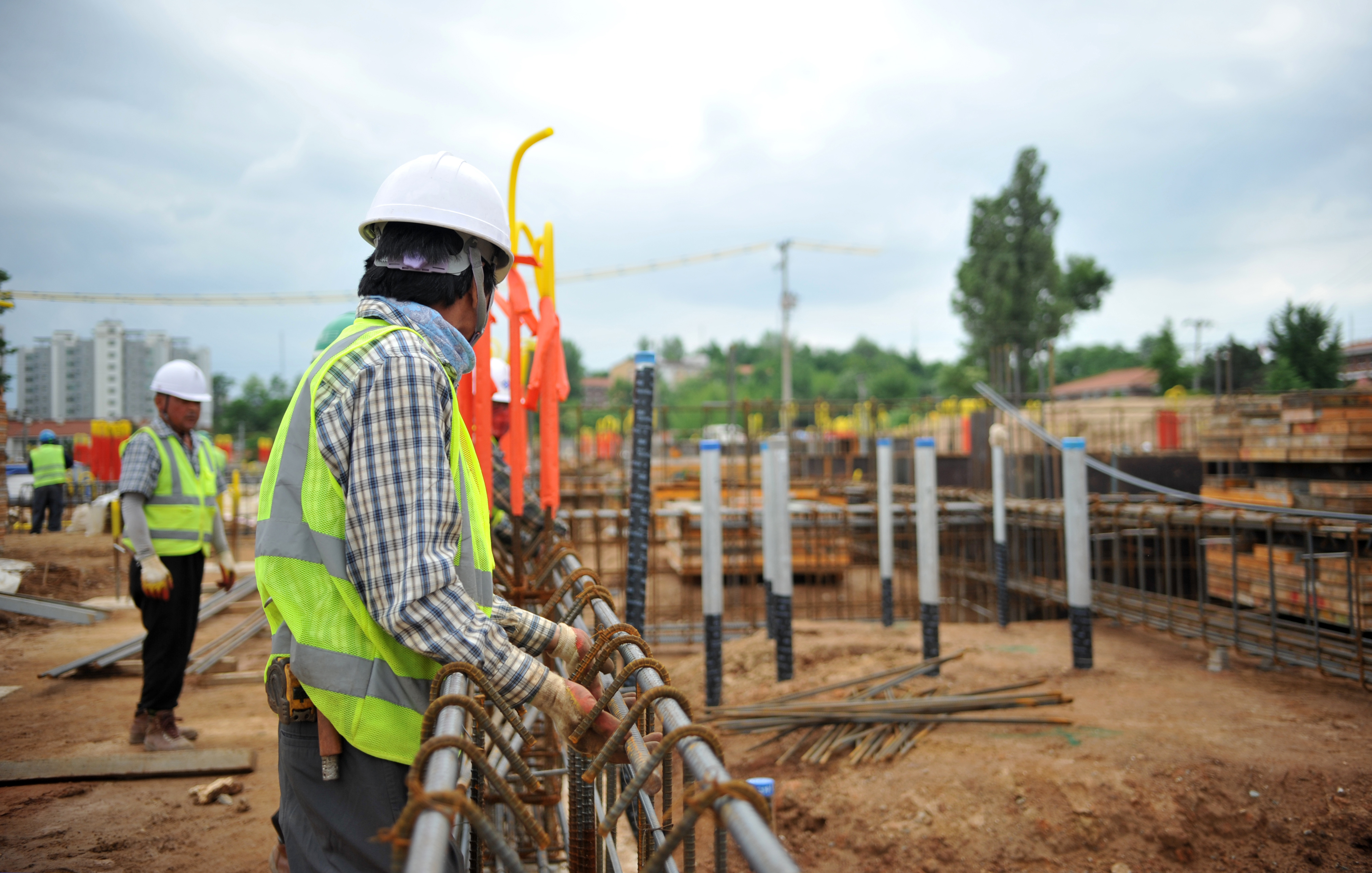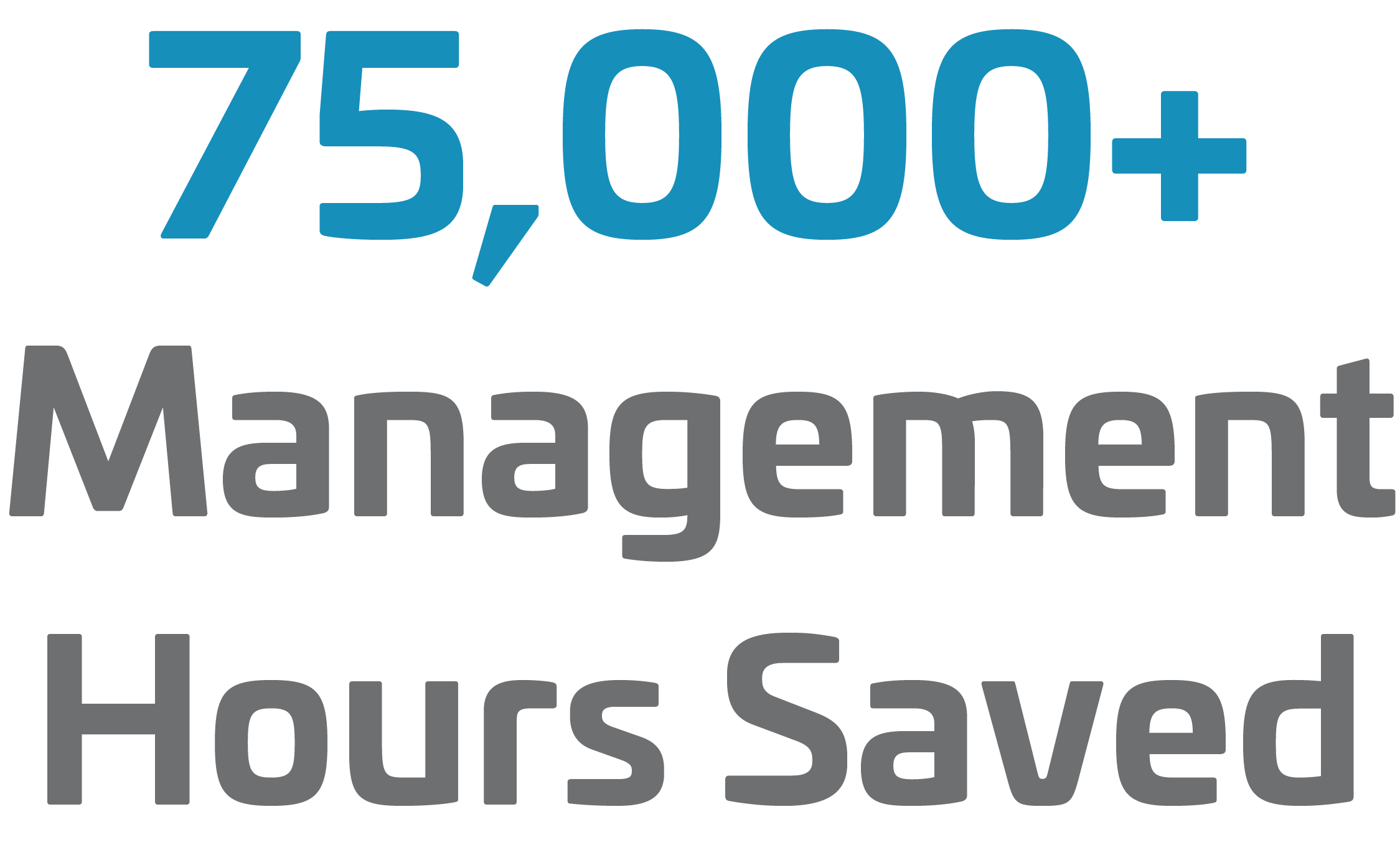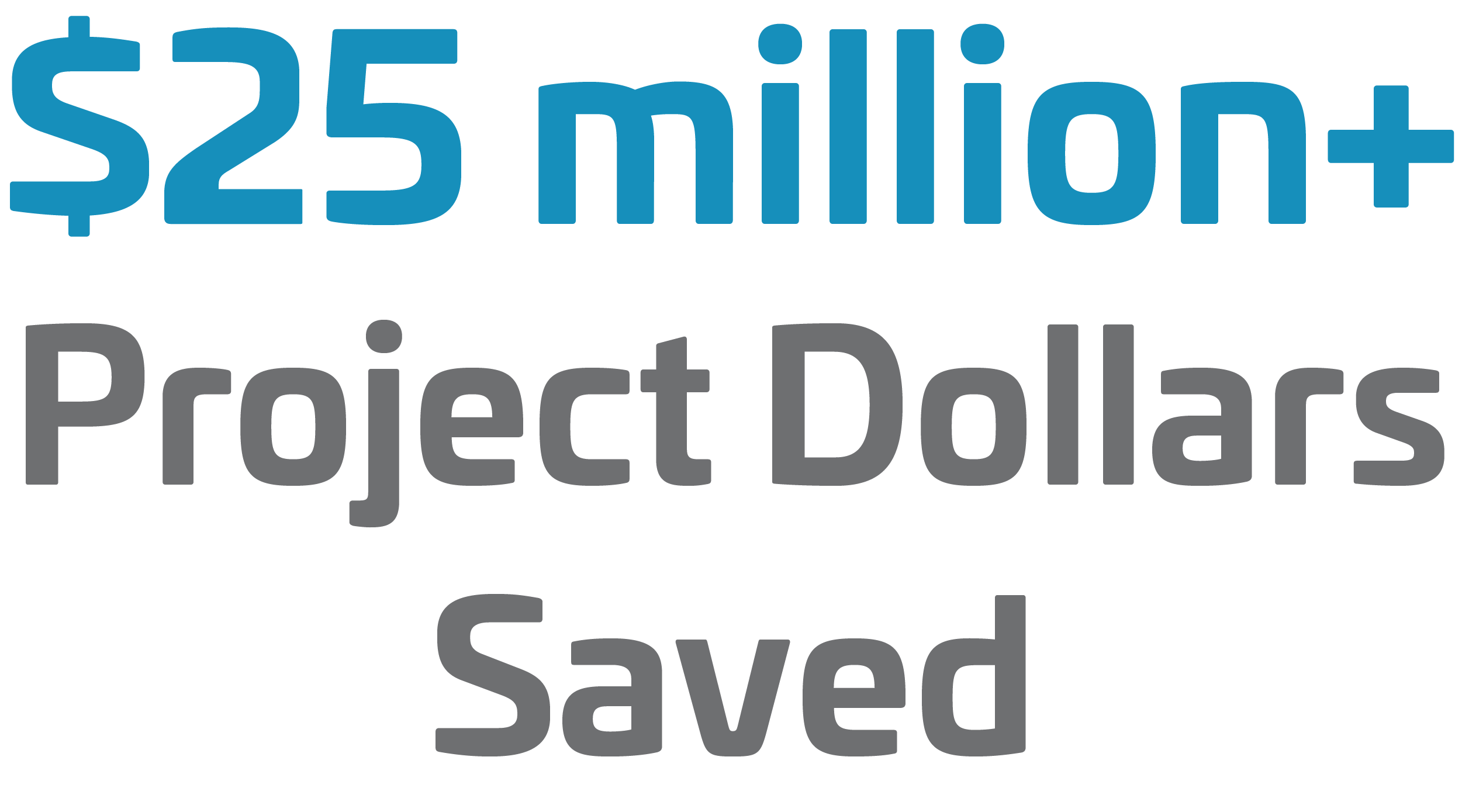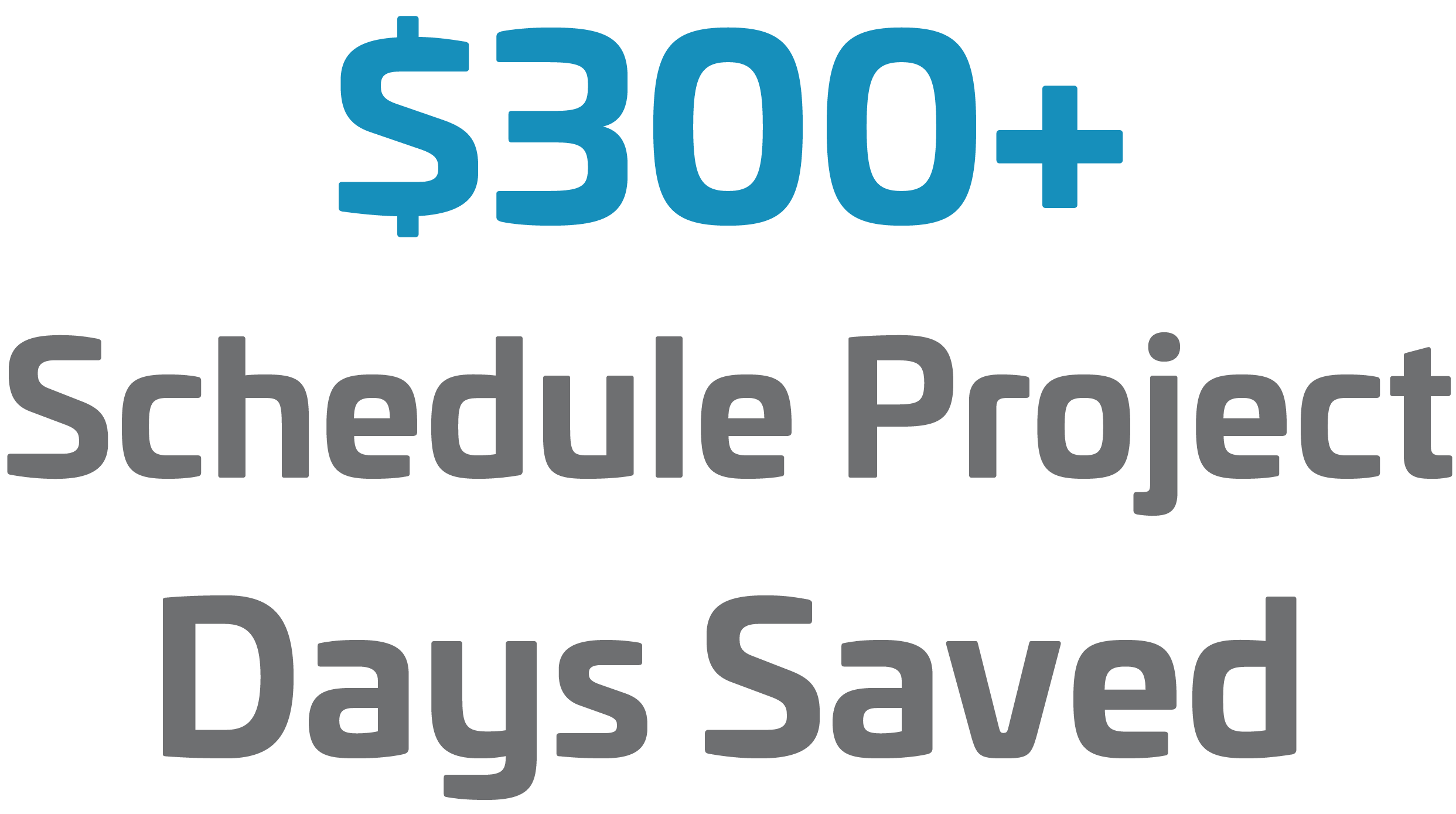
The construction industry is losing over $177 billion each year on time spent performing non-optimal activities like rework, locating project data, and miscommunication, according to a study by PlanGrid and FMI. With hundreds of workers from various subcontractors entering and exiting the job site, these inefficiencies are everywhere and are often exacerbated by weather delays, manpower shortages, and material delivery delays. Often, contractors, developers, and owners are unaware of a project issue until it becomes a more costly problem.
“52% of all rework globally is caused by poor data and miscommunication.” - PlanGrid
The good news: construction sites are collecting more data than ever as emerging technologies become staples of the construction workflow. In the dynamic and often hectic environment that is the job site, improved access to valuable data can provide contractors, developers, and owners with the information they need to keep projects on time and on budget. With drones collecting and aggregating aerial photos and scans to software platforms processing real-time information about tools, equipment, and workers, the question arises: how do we make use of construction technology to reduce time spent on non-optimal activities?
Real-time construction productivity company and DC-native Eyrus is providing a unique answer to this question. With the understanding that labor is both one of the top costs as well as the root of most productivity delays, rework, and wasted time on any given project, Eyrus has set out to make the construction labor force more productive. Having been deployed on over $10 billion worth of construction projects, Eyrus already has a nationwide footprint. With the ability to collect relevant data while minimizing site impact, Eyrus increases productivity per project without burdening the construction process.
“Eyrus supplies data today that I wouldn’t have known for possibly another six to eight weeks! It allows me, as an owner to adjust in a fluid manner without high cost impacts to the project." - Sean Cahill, Senior Vice President, PGP Development
Depending on project requirements, Eyrus works with client needs to determine the best way to collect workforce data from the job site using either Eyrus wearables or a third-party hardware. From there, continuous and autonomous data collection gives contractors the look-through and insights that often go unnoticed with large-scale data collection. The tool has the ability to forecast the baseline workforce requirements according to a project’s schedule, provide real-time headcounts, track project progress and statistics, report on trade consistency indexing, send project alerts, and monitor weather updates.
But how does this flood of job site data translate into real value from the contractor’s perspective?
Where Eyrus truly sets themselves apart is their customized project benchmarks and easily interpreted reporting platform. In order to get the most out of your data, it should be clearly presented and explicitly tied to project metrics. As information flows from the job site to the cloud, comparisons between actual and forecasted metrics provide construction companies with the actionable insights they need to optimize on-site productivity. The at-a-glance dashboard aggregates key performance metrics and benchmarks, empowering project leaders to make proactive and well-informed decisions. This data can be presented at the overall project scale, by CSI division, or by subcontractor. All of the information can be shared or exported for transparency across the ownership structure, making sure that no detail goes unnoticed.
The Eyrus Value Add



The money and management hours saved and project delays avoided by partnering with Eyrus brings enormous value to contractors and other construction professionals. For a more in-depth look at how their platform benefits the industry, consider the following examples:
- A general contractor for a $200 million, 70 story building project hired Eyrus at 60% completion because the project was sliding off schedule. Eyrus provided the general contractor the ability to closely monitor trade deployment in real-time and bring the project back to its intended completion schedule. Beyond saving on schedule delays, the general contractor also saved management hours adding up to a time saving ROI of 2000%.
- The developer of a $450 million corporate headquarters chose Eyrus to maintain compliance with the schedule and necessary trade deployment, as well as assist in any change orders or other claims. The data transparency that Eyrus provided brought the developer, general contractor, and subcontractor together quickly in response to a revealed curtain wall delay. In doing so, the group was able to save the project six weeks of schedule delay, equating to over $2 million in avoided losses in leasing.
Sometimes the most costly delays are hidden in real-time. But with the right resources, delays can become a thing of the past.
What’s next for Eyrus? The team is pleased with its success in just the last three years and is excited to continue that growth with the anticipated completion of its Series A by the end of 2018. To learn more about venture financing in construction technology, check out our recent report: Venture in the Built World. To keep up with Eyrus progress, make sure to check out their website for updates
This article was produced in cooperation with Eyrus. Hussein Cholkamy will also be presenting at the BuiltWorlds Connected Job Site Expo during our Projects LA Conference on September 27th.

Discussion
Be the first to leave a comment.
You must be a member of the BuiltWorlds community to join the discussion.